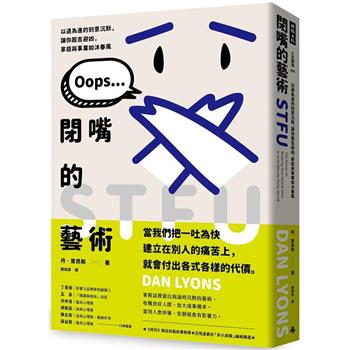THE CHALLENGE TO DEMOCRACY by C DELISLE BURNS By the same Author THE HORIZON OF EXPERIENCE LEISURE IN THE MODERN WORLD MODERN CIVILIZATION ON TRIAL DEMOCRACY: ITS DEFECTS AND ADVANTAGES GOVERNMENT AND INDUSTRY INDUSTRY AND CIVILIZATION PRINCIPLES OF REVOLUTION INTRODUCTION TO THE SOCIAL SCIENCES THE PHILOSOPHY OF LABOUR A SHORT HISTORY OF INTERNATIONAL INTERCOURSE PREFACE THE challenge to democracy is most clearly expressed in the support given to dictatorship. But there is a deeper challenge in the situation out of which dictator ship has arisen. Dictatorship may be objectionable but arguments against it should not hide the difficulties with which the democratic tradition itself is faced for dictatorship is only an effort to meet the needs of the present situation by resorting to primitive methods of organizing the desire for a life in common. And even if we reject dictatorship, we shall still have to face the fact that poverty and war and other evils exist. What is to be done about such evils? It is clear at least that we cannot safely wait for the clouds to roll by, in any country. The challenge which is felt in the pressure of evils is, from another point of view, an effort of new forces to seek an outlet among institutions which have been inherited from a very different past. The desire for social change is due mainly to the dissolution of traditional customs and the consequent feeling of isolation or helplessness, especially amon the young. If men and women feel that they are out in the cold, they will fly to any refugeeven the lair of the caveman. The real issue, therefore, is not a question of political devices or economic organization: it is a challenge to the whole basis of civilized lifethe free discussion of opposing views and the criticism of authorities. Simple or primitive minds believe that criticism and discussion will dissolve loyalty and undermine se curity but it is precisely thesecriticism and discus sionwhich have discovered new truth and established new forms of civilized life. Therefore, in answer to the challenge, the democratic tradition must be carried forward so as to rescue ordinary folk not only from the dangers of dogmatism and perse cution under dictatorship, but also from the loneliness and insecurity of a decaying social order. That is to say, free criticism and open discussion must be proved to lead to a new sense of community, and of the common good to be shared by all. Not dictatorship against democracy, but barbarism against civilization, is the issue. This book is not a programme of reform or recon struction, but a discussion of the emotional force necessary for advance beyond the horizon of the nineteenth century in politics and economic organization. It does not deal with institutions except as examples of social tendencies. The proverb says that one cannot make a silk purse out of a sows ear and there are already many published designs for silk purses. But this book deals with the sows ear. It proposes certain changes in ordinary men and women, to be achieved mainly by themselves.
| FindBook |
有 1 項符合
The Challenge To Democracy的圖書 |
 |
The Challenge To Democracy 作者:Burns 出版社:Hesperides Press 出版日期:2006-11-12 語言:英文 規格:平裝 / 272頁 / 21.59 x 13.97 x 1.55 cm / 普通級/ 初版 |
| 圖書館借閱 |
| 國家圖書館 | 全國圖書書目資訊網 | 國立公共資訊圖書館 | 電子書服務平台 | MetaCat 跨館整合查詢 |
| 臺北市立圖書館 | 新北市立圖書館 | 基隆市公共圖書館 | 桃園市立圖書館 | 新竹縣公共圖書館 |
| 苗栗縣立圖書館 | 臺中市立圖書館 | 彰化縣公共圖書館 | 南投縣文化局 | 雲林縣公共圖書館 |
| 嘉義縣圖書館 | 臺南市立圖書館 | 高雄市立圖書館 | 屏東縣公共圖書館 | 宜蘭縣公共圖書館 |
| 花蓮縣文化局 | 臺東縣文化處 |
|
|
圖書介紹 - 資料來源:博客來 評分:
圖書名稱:The Challenge To Democracy
|











